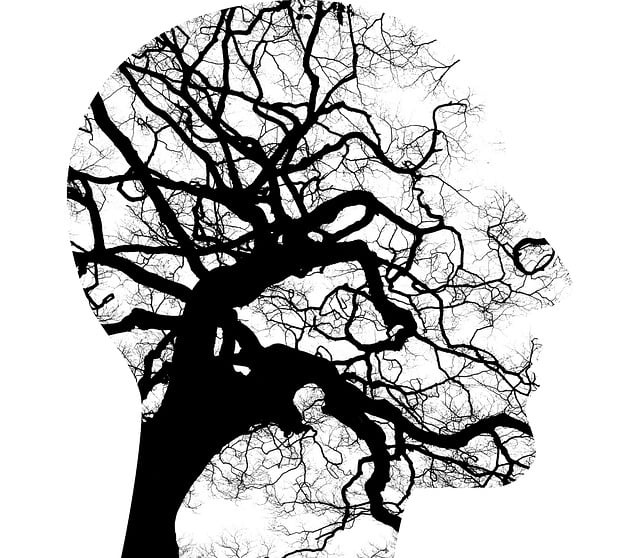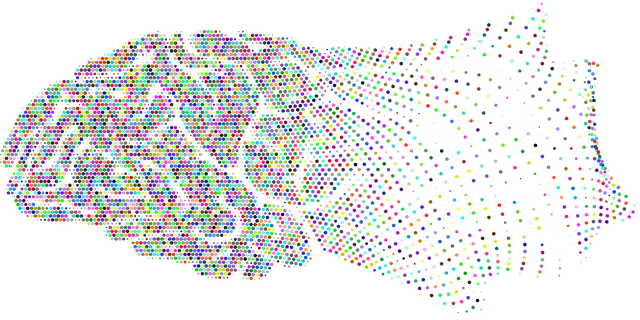Wheat Ridge Russian Speaking Therapy prioritizes risk assessment, emotional intelligence, and self-care for optimal patient outcomes in a culturally diverse setting. By addressing cultural barriers, integrating linguistically competent therapists, and promoting stigma reduction, the clinic ensures safe and supportive therapy environments. Advanced coaching programs, continuous professional development, and mentorship foster resilience among mental health professionals, enabling them to manage complex cases effectively while maintaining their well-being.
Mental health professionals constantly navigate complex risks, especially in diverse settings like Wheat Ridge Russian Speaking Therapy. This article delves into the critical aspect of risk assessment, offering a comprehensive guide for practitioners. We explore unique considerations specific to Russian-speaking communities in Wheat Ridge, identifying potential hazards and effective mitigation strategies. Through this, therapists can enhance their clinical skills, ensuring safe and culturally sensitive practices. Additionally, we emphasize professional development and support as key components for navigating the challenges inherent in mental health care.
- Understanding Risk Assessment in Mental Health Practice
- Unique Considerations for Wheat Ridge Russian Speaking Therapy
- Identifying and Mitigating Risks in Clinical Settings
- Professional Development and Ongoing Support for Therapists
Understanding Risk Assessment in Mental Health Practice

Risk assessment is a cornerstone of mental health practice, ensuring that professionals can identify and mitigate potential hazards to both clients and themselves. It involves a comprehensive evaluation of various factors that may impact an individual’s mental health, including their personal history, current circumstances, and future projections. This process is vital for creating safe and supportive environments, particularly in settings like Wheat Ridge Russian Speaking Therapy, where cultural nuances and language barriers require specialized care.
Emotional Intelligence plays a crucial role in effective risk assessment. Therapists who incorporate Self-Awareness Exercises into their practice can better understand their clients’ emotional states and triggers, enabling them to anticipate and address potential risks proactively. Moreover, Mental Wellness Coaching Programs Development can equip professionals with advanced strategies for managing high-risk cases, fostering resilience, and promoting positive mental health outcomes.
Unique Considerations for Wheat Ridge Russian Speaking Therapy

In the context of mental health services, catering to the specific needs of the Russian-speaking community in Wheat Ridge presents unique challenges and opportunities. This demographic often faces cultural barriers to access care, necessitating sensitive and linguistically competent approaches. Therapists providing Wheat Ridge Russian Speaking Therapy must be adept at navigating cross-cultural communication to establish trust and ensure effective treatment.
Integrating strategies for self-care routine development can significantly enhance the emotional well-being of these therapists. Given the potential cultural sensitivities and complex cases, promoting a robust self-care practice is vital for maintaining optimal mental health and preventing burnout. Additionally, efforts towards reducing the stigma surrounding mental illness within this community are essential, fostering an environment where individuals feel empowered to seek therapy without fear of judgment.
Identifying and Mitigating Risks in Clinical Settings

In clinical settings, identifying and mitigating risks is a paramount concern for mental health professionals, especially at centers like Wheat Ridge Russian Speaking Therapy where diverse patient populations are served. Effective risk assessment involves not only recognizing potential hazards but also understanding their unique manifestations across different cultural backgrounds. For instance, Cultural Sensitivity in Mental Healthcare Practice plays a crucial role in addressing specific fears or barriers that may prevent patients from fully engaging in therapy, thereby affecting treatment outcomes.
Professionals must implement Burnout Prevention Strategies for Healthcare Providers to maintain resilience and ensure sustainable practice. Incorporating Mental Wellness Journaling Exercise Guidance can offer patients and practitioners alike an opportunity to reflect on progress, identify triggers, and cultivate coping mechanisms—all of which contribute to a healthier therapeutic environment. By integrating these strategies, mental health professionals in Wheat Ridge Russian Speaking Therapy can create a safe, supportive space that maximizes patient well-being and enhances the overall quality of care.
Professional Development and Ongoing Support for Therapists

Mental health professionals, like those offering Wheat Ridge Russian Speaking Therapy services, must prioritize their well-being to maintain effective practice. Professional Development and ongoing support are essential components of this process. Regular training sessions, workshops, and webinars provide therapists with updated knowledge in evidence-based practices and skills for managing complex cases. This continuous learning ensures they remain competent and confident in their abilities.
Moreover, creating a culture of support within the therapy community is vital. Mentorship programs, peer groups, and regular check-ins facilitate open discussions about challenges, particularly those related to burnout prevention strategies for healthcare providers. Encouraging therapists to engage in self-care practices, such as mental wellness journaling exercises, can help manage stress and depression prevention. By fostering a supportive environment and adopting proactive measures, mental health professionals can sustain their careers while prioritizing their own mental wellness.
Risk assessment is an integral part of responsible mental health practice, particularly within diverse communities like Wheat Ridge Russian Speaking Therapy. By understanding and addressing unique risks specific to this demographic, therapists can provide more effective care. This includes identifying cultural sensitivities, language barriers, and potential safety concerns, while also fostering a supportive environment through ongoing professional development and peer support. Implementing these strategies ensures the well-being of both therapists and clients, ultimately enhancing the quality of mental health services offered in Wheat Ridge Russian Speaking Therapy settings.














